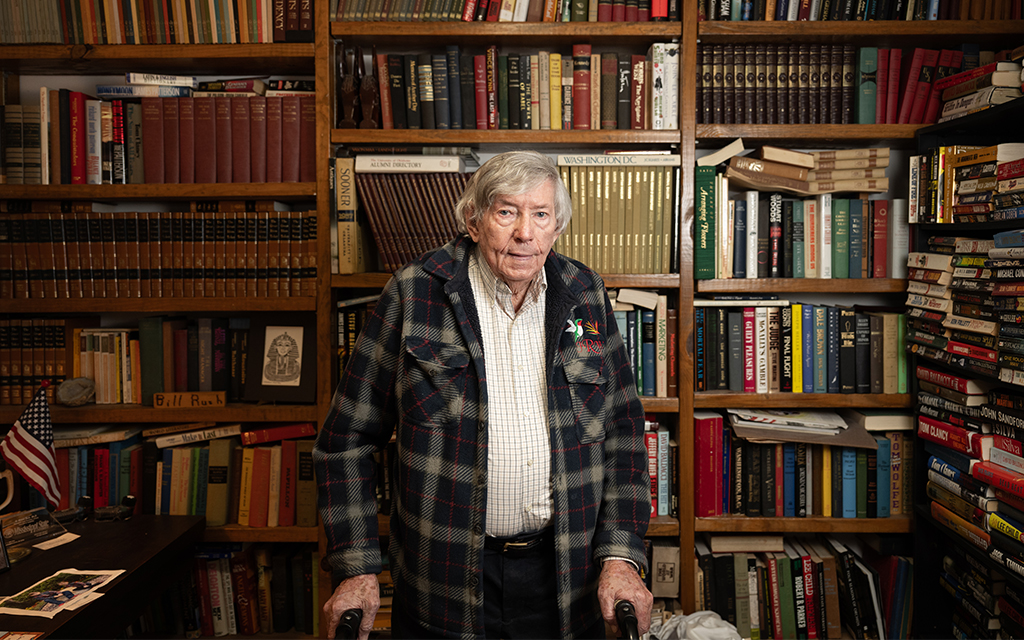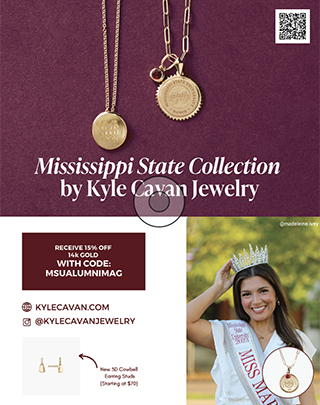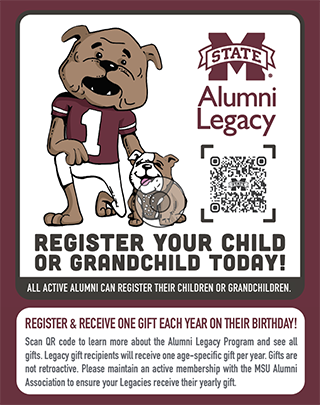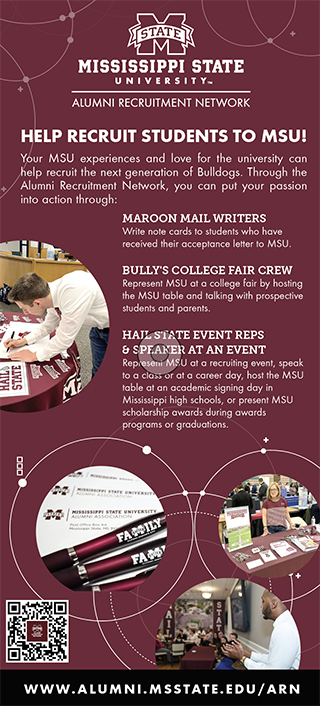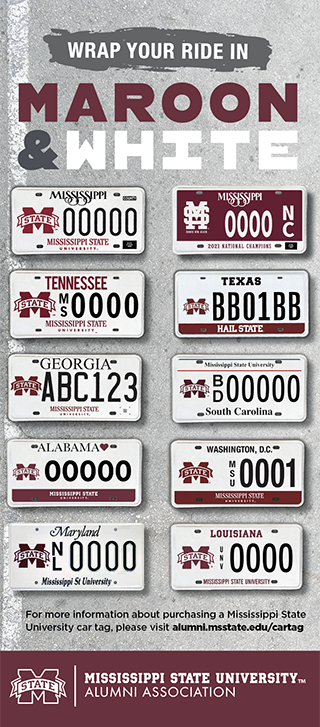Reflecting on life’s struggles and triumphs may be normal for most retirees, but few are writing novels well into their 90s to share these lived experiences.
At 95, J. William Rush’s mind remains vibrant and filled with stories of his life and stories shared by friends, many of which he relives through his novels and fictional characters who mirror reality.
A Navy veteran injured in the Korean War, Rush went from humble beginnings in Meridian to traveling the world as a serviceman who gained high-level intelligence clearances at a young age. He then earned bachelor’s and master’s degrees at the University of Oklahoma and a doctoral degree from the University of Arkansas, which developed his expertise in transportation economics. His scholarship yielded a distinguished, lengthy tenure in what was then Mississippi State’s College of Business and Industry. He retired nearly 30 years ago as associate dean for external affairs, respected by his employers and beloved by his students.
Still, instead of relishing his achievements, it’s the relationships with mentors, friends, students, fellow veterans and family that he speaks of with fondness. Rush said he regrets his reward for success—escalating administrative duties and frequent requests for expert consults—limited his classroom time with students.
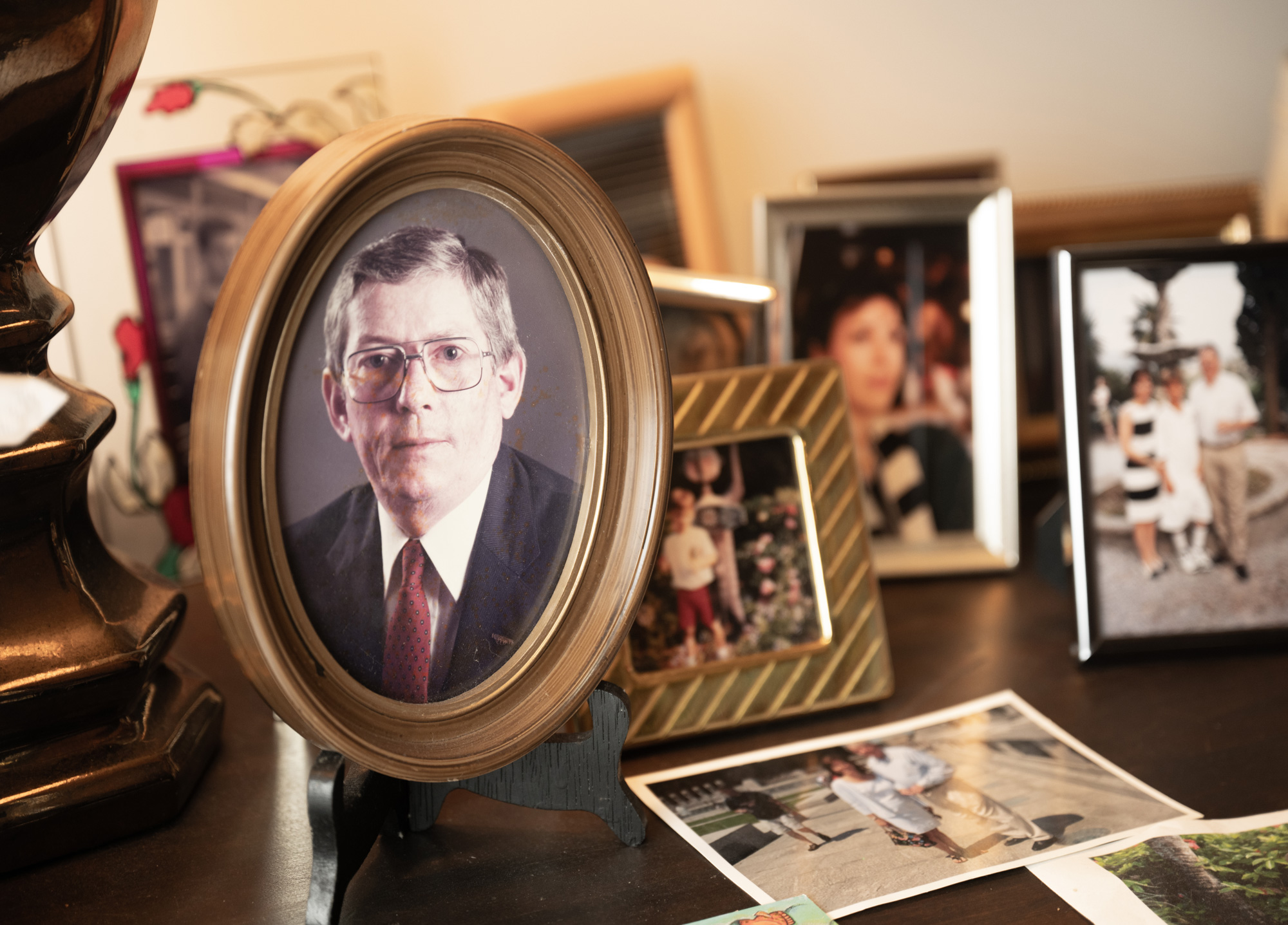
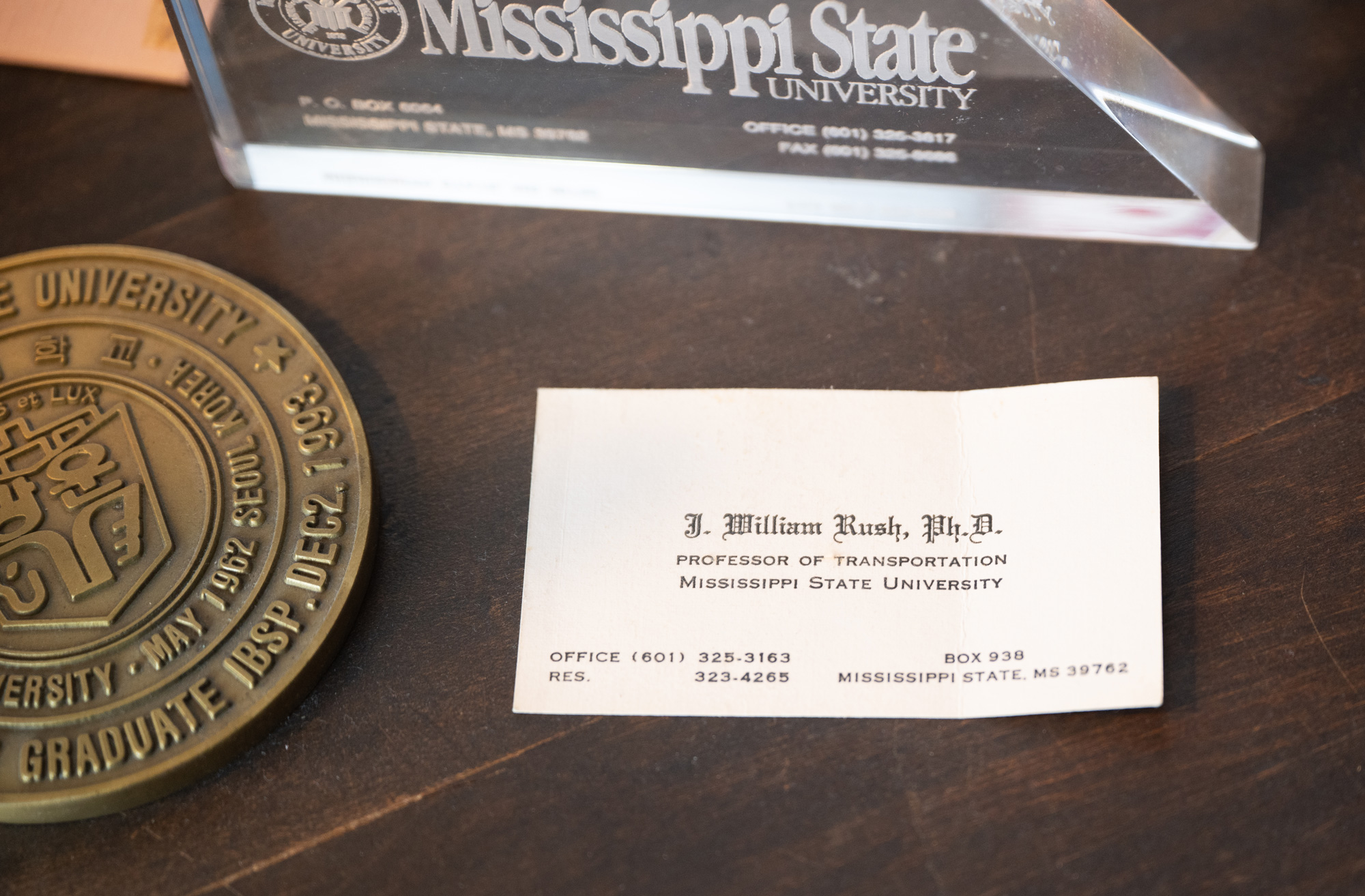
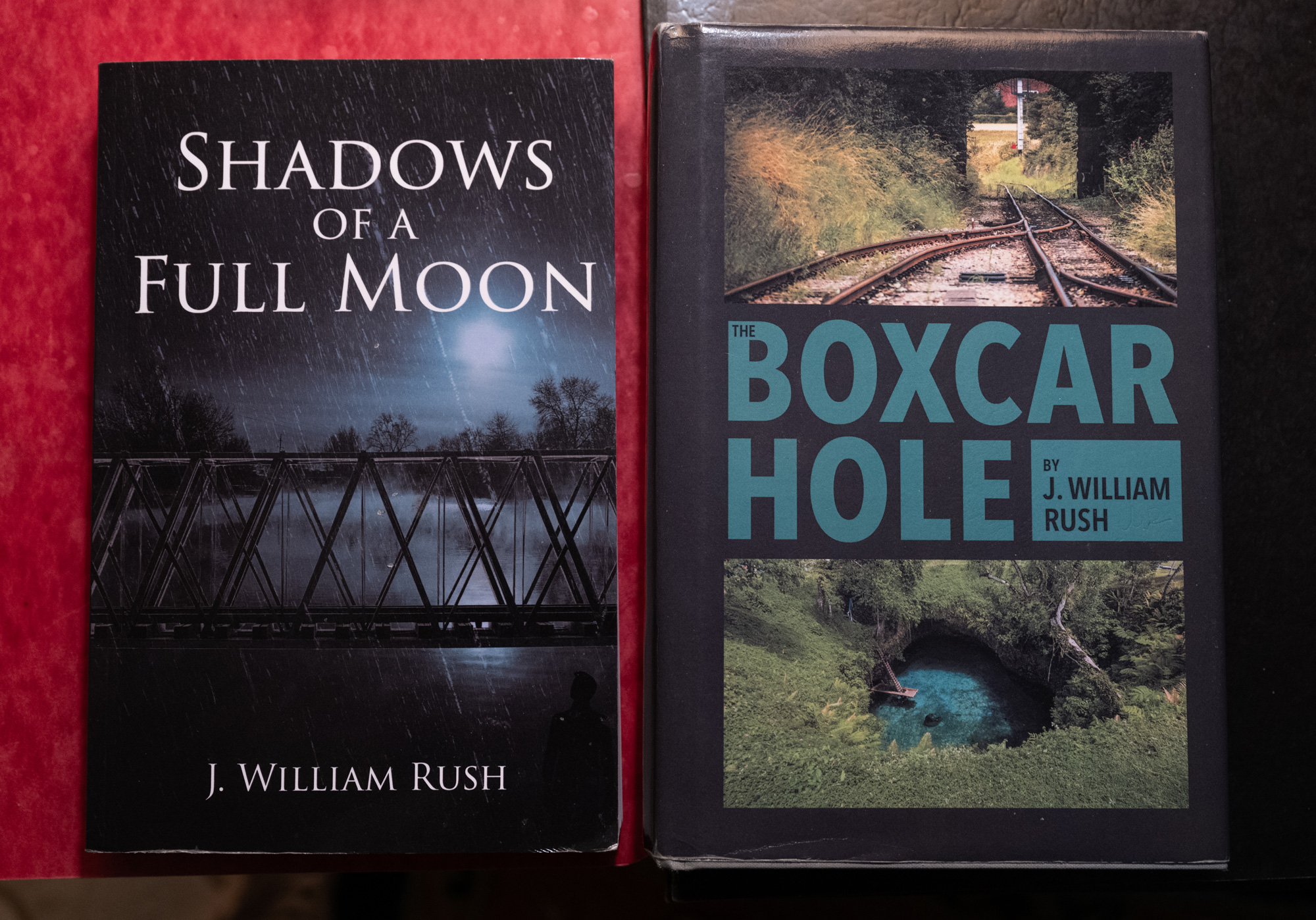
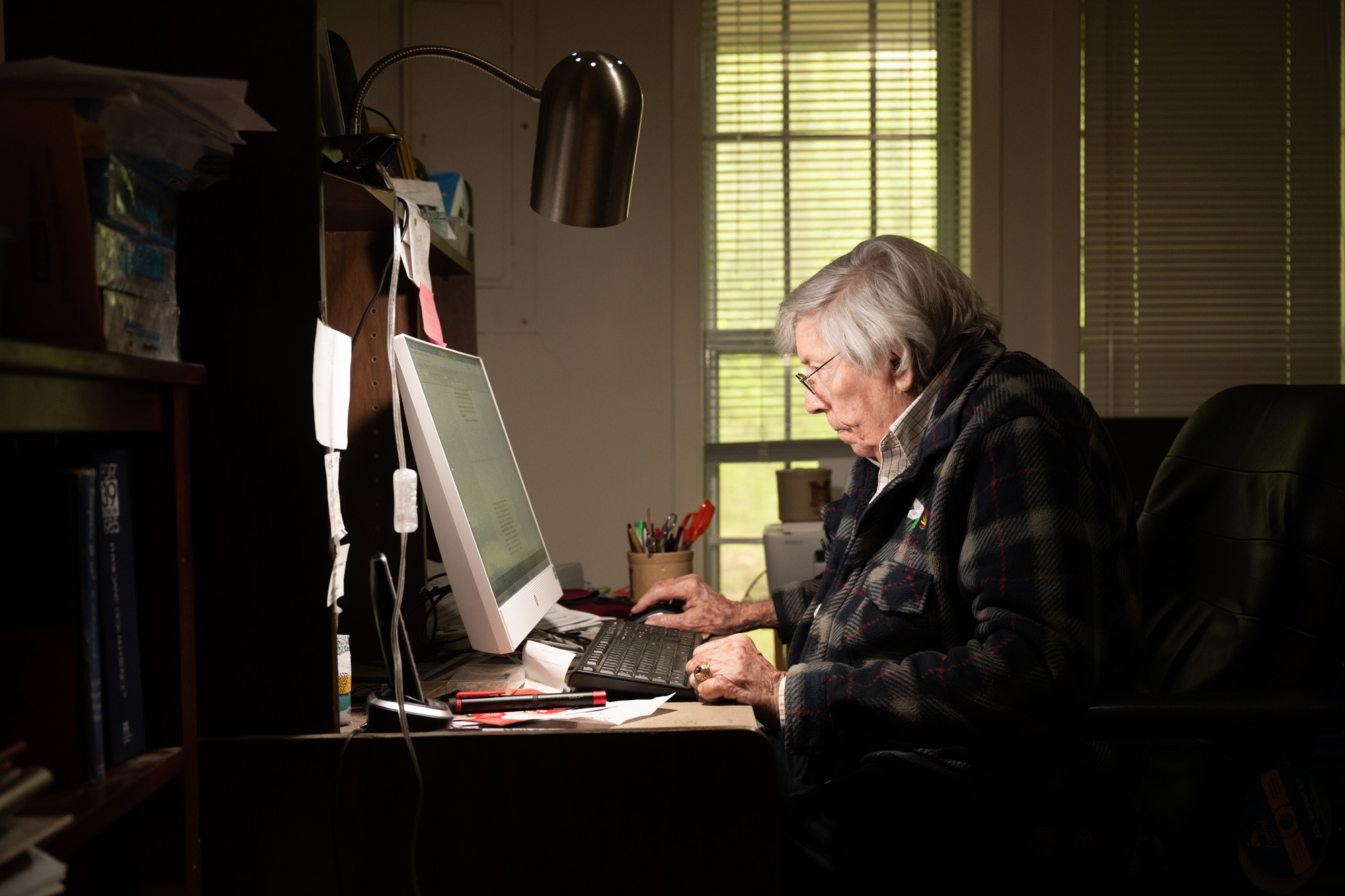
Now a great-grandfather, Rush enjoys spending time with family. However, he fills most days by writing. He has published two books and completed five additional manuscripts, with even more stories brewing. He’s also been a painter for most of his adult life.
“This one is painted on black velvet,” Rush said. “Why did I do it? To see if I could. Why am I writing? To see if I can.”
He was drawn to writing initially through his longtime love of reading. Rush said writing offers an outlet to reflect and recall his own experiences and stories of friends, comrades and loved ones he feels “need to be shared.” One storyline he’s penned is so delicate that, out of respect, he waited to outlive a close friend before recounting a version of what he went through.
Although he chooses to produce fiction, his stories reflect circumstances and lessons he’s encountered or learned from a lifetime filled with interesting connections and extensive travel to more than 40 countries.
Rush said his books are about “everyday life.”
“I write about the misfortunes that young people have and how they overcome them or fail to overcome them,” he said.
Talking with Rush or reading his stories reveals certain themes—mystery, deep connection, sorrowful loss and resilience.
For those who knew him best during the pinnacle of his career, the fortitude and grit he still demonstrates nearly 30 years into his retirement is only surprising because of its rarity.
Steve Golding, a 1972 MSU business graduate and chairman of Golding Barge Line, said Rush made such an impact on him during his student days that he took every class Rush taught.
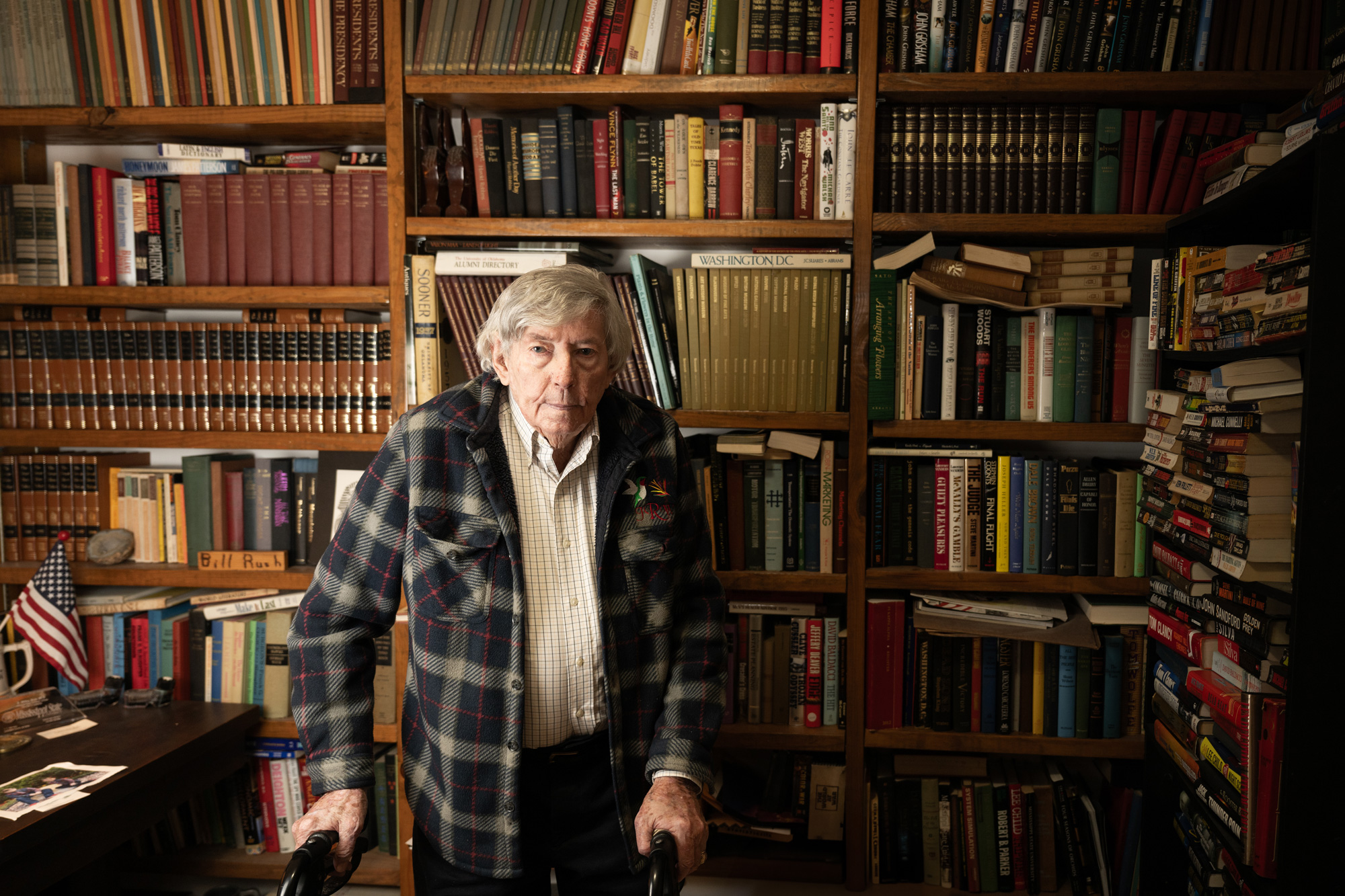
Rush’s courses in the marketing department were forerunners of the university’s current supply chain logistics major.
“He was one of the most unique professors, and even though I’ve been out of school 50 years, I remember his courses vividly,” said Golding. “He had an influence on me, and we developed a mentorship while I was a student and a friendship after I graduated.”
Golding said it meant a great deal when he was honored as the college’s Alumni Fellow in 2001 for Rush to come back to campus for the occasion. Rush keeps a framed picture from the day on his office wall.
Golding came to MSU as a young man from a family already in the barge business, operating along the Mississippi River from his hometown of Vicksburg. He recalled there wasn’t a specific major to prepare him for the niche enterprise he planned to join—until he read about barging in his textbook.
“I found the right path when I saw they had transportation classes here, and they even had a section on barging within this textbook,” Golding said. “I was really interested as to how the different modes of transportation fit into the supply chain from production to consumption.
“J. William had a way of connecting the course with everyday life that made it real, and he had a way of boiling it down to a common-sense approach of transportation and how this fit into various types of marketing,” he continued. “He made it so much fun, and he was such a unique professor that I enjoyed every course I took from him.”
Golding said one thing that made Rush an effective teacher was his ability to balance humor with teaching to motivate students and keep them interested.
“He would always interject something to make it fun and keep it interesting, but he had a way of getting the most out of his students,” Golding recalled. “He motivated you to get things done, and you didn’t mind because he was going to let you enjoy class. You were going to laugh at some point in every class.”
Rush said he enjoyed his students immensely.
“I could pass on some of the things I had seen and done in the world,” he said.
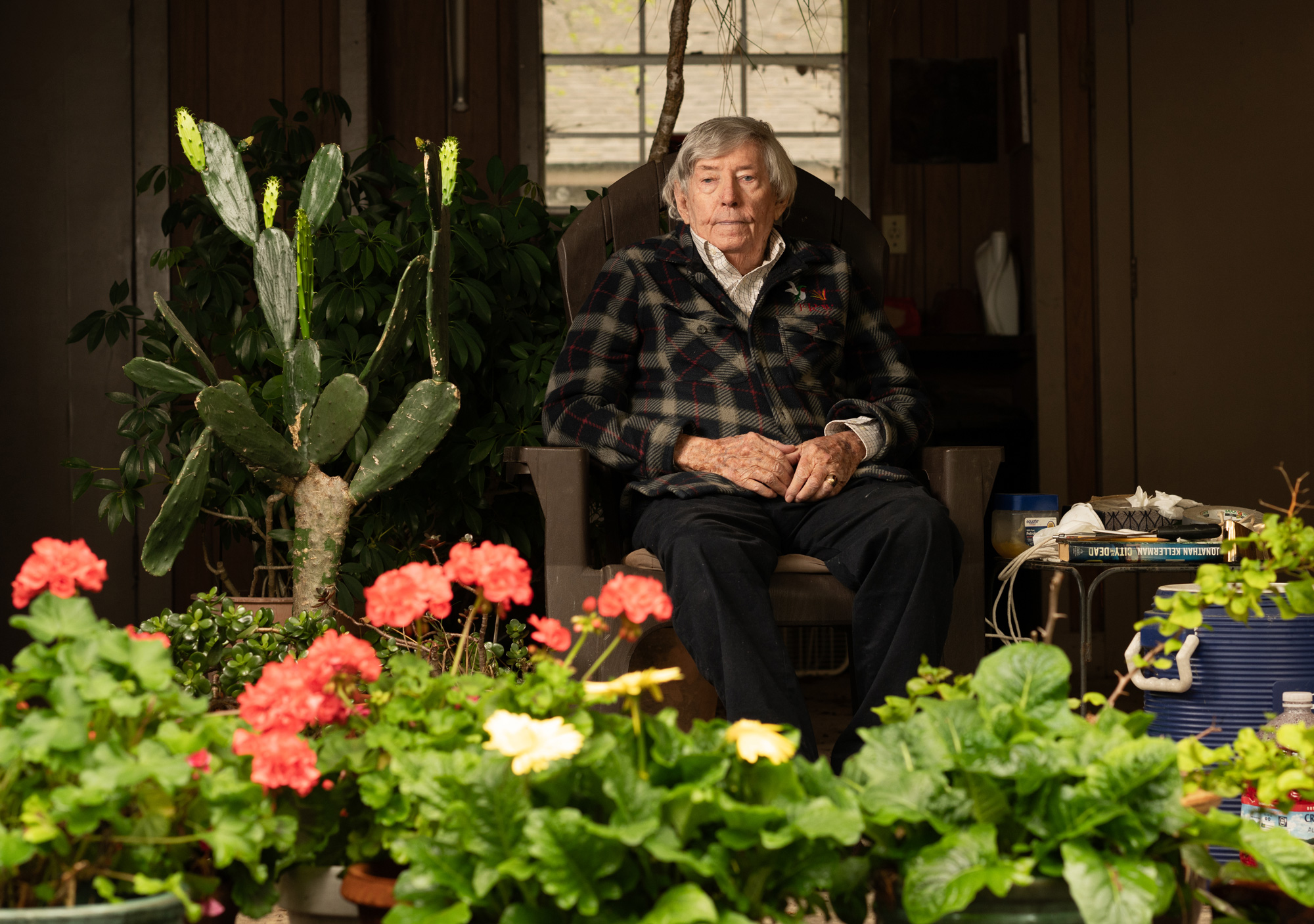
Rush maintained a special interest in many students like Golding for decades after their college days, following their careers and keeping in contact. He was an early member when his student George Bryan established Old Waverly Golf Club. He also kept in touch with Peavey Electronics founder and owner Hartley Peavey, who showcased his Meridian-based business to numerous groups of international visitors hosted by MSU’s College of Business during Rush’s administrative days. Other memorable students became lawyers or went into various businesses or transportation fields.
Rush’s daughter Susan Harris said her father truly loved his interactions with students.
“I think he tried to get to know them—not just as a number on a test, but what their interests were, what bothered them and what their struggles were. And if he could give them any assistance, he would,” Harris said.
“He helped them make good choices and good investments that would benefit them later in life,” she continued. “They knew they always had someone at Mississippi State,” she said.
While Harris didn’t have the privilege of formally sitting under her father’s teaching at MSU, she said many of his students have said her father “made learning contagious.”
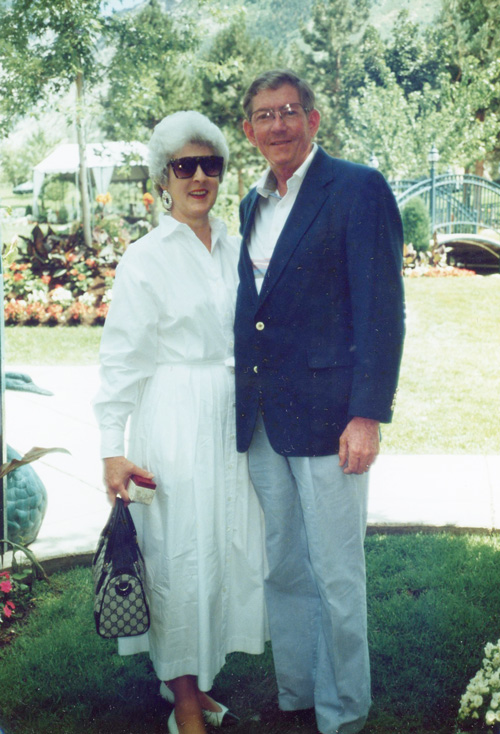
“He motivated his students to get out there, move and shake, and invest in other people—but to not forget MSU and where they came from,” she said.
Harris remembers her father giving her and her brother Philip “the best of both worlds.”
“He always wanted us to learn and use our minds. We could do everything and anything. If we wanted to learn about something, get a book. If we needed help, ask,” she said of her father’s parenting style.
“We could be in the woods, target practicing or hunting, and the next minute we could get dressed up and go to a cultural event at Mississippi State,” she said.
Rush said his wife, the late Joann McRae Rush of DeKalb, also was entwined with students, faculty, administrators and university life. She was a nurse at MSU’s John C. Longest Student Health Center, and Rush said she was dedicated to meeting needs round-the-clock.
Rush has a tendency to look down when speaking of the love of his life, missing her. But his voice picks up when he speaks of their vibrant great grandsons.
“My life has some bad pages in it, but the book’s not bad,” he said.
By Allison Matthews, Photos by Jonah Holland


